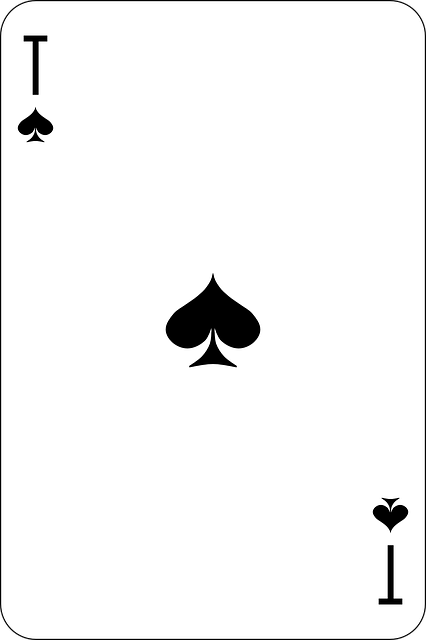The Gambling Laws EU framework regulates gambling across member states, balancing economic growth and consumer protection through licensing, age restrictions, and responsible gaming measures. While the EU provides a structure, countries customize laws based on their context, leading to varied approaches like the UK's open policy and Germany's stricter controls. Businesses must understand these local variations for compliance, adapt to frequent changes, and stay updated through legal counsel, internal policies, monitoring, industry news, and peer collaboration to maintain competitive advantage in the dynamic EU market.
Gambling laws EU are a complex yet crucial aspect of digital regulation, shaping the online gaming landscape across member states. This comprehensive guide explores the intricate web of Understanding EU Gambling Regulations Framework and its National Variations, delving into strategies for businesses to navigate and adapt to these diverse legal landscapes. By examining current trends and best practices, operators can ensure compliance and thrive in this dynamic market.
- Understanding EU Gambling Regulations Framework
- National Variations in Online Gambling Laws EU
- Strategies for Compliance and Business Adaptation
Understanding EU Gambling Regulations Framework

The Gambling Laws EU framework is a complex yet essential aspect for businesses and individuals navigating the European market. This comprehensive legal structure regulates various forms of gambling, ensuring consumer protection and fair competition. At its core, the EU’s approach emphasizes a balance between allowing economic growth in the gaming industry and safeguarding vulnerable individuals from potential harms associated with gambling.
Key components of these Gambling Laws EU include licensing requirements, age restrictions, and responsible gaming measures. Member states are responsible for implementing and enforcing these regulations, often adapting them to their specific needs while adhering to the overarching EU directives. Understanding this framework is crucial for anyone involved in the online or offline gambling sector, as it dictates business operations, marketing strategies, and customer interactions across Europe’s diverse market.
National Variations in Online Gambling Laws EU

The Gambling Laws EU vary significantly across member states, reflecting each country’s unique cultural and economic landscape. While the European Union provides a unified framework for regulating gambling, individual nations have the autonomy to tailor their legislation to suit local needs and preferences. This results in a diverse range of legal frameworks, with some countries embracing online gambling while others maintain stricter controls.
For instance, the UK has a well-established and liberal approach, allowing various forms of online gambling with robust consumer protection measures. In contrast, countries like Germany have implemented more stringent regulations, focusing on player safety and preventing problem gambling. These variations create a complex landscape for operators looking to navigate the European market, necessitating a nuanced understanding of local Gambling Laws EU to ensure compliance and optimal business strategies.
Strategies for Compliance and Business Adaptation

Gambling laws in the EU are complex and vary across member states, reflecting the diverse cultural and economic landscapes within the union. To ensure compliance, businesses must stay updated with these regulations, which can be a constant challenge given the frequent changes and interpretations. Strategies for navigating this landscape include investing in robust legal counsel specializing in EU gambling laws, implementing comprehensive internal policies that align with these laws, and establishing effective monitoring systems to detect any non-compliance issues promptly.
Adaptability is key to thriving in this environment. Gambling businesses must be flexible enough to adjust their operations and offerings based on evolving legal frameworks. This may involve pivoting business models, entering new markets, or refining product features to meet the stringent requirements of different EU jurisdictions. Staying ahead of regulatory changes through industry news sources, participation in regulatory bodies’ discussions, and collaboration with peers can significantly aid in this adaptation process.
The complex landscape of Gambling Laws EU requires a nuanced understanding of both uniform regulations and national variations. As online gambling continues to evolve, businesses must adapt through effective strategies that ensure compliance. By staying informed about regulatory changes and employing innovative approaches, operators can thrive in this dynamic environment, catering to European players while navigating the unique legal frameworks across the Union.






